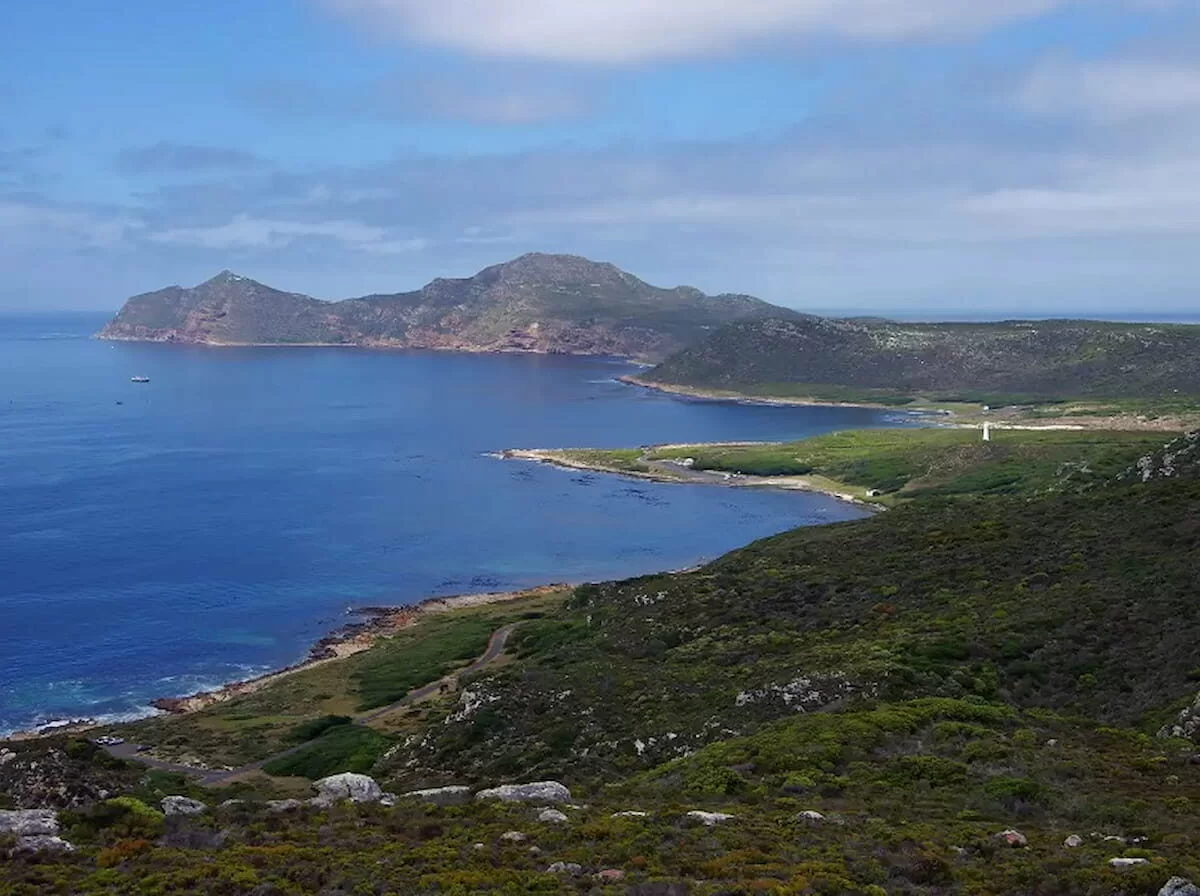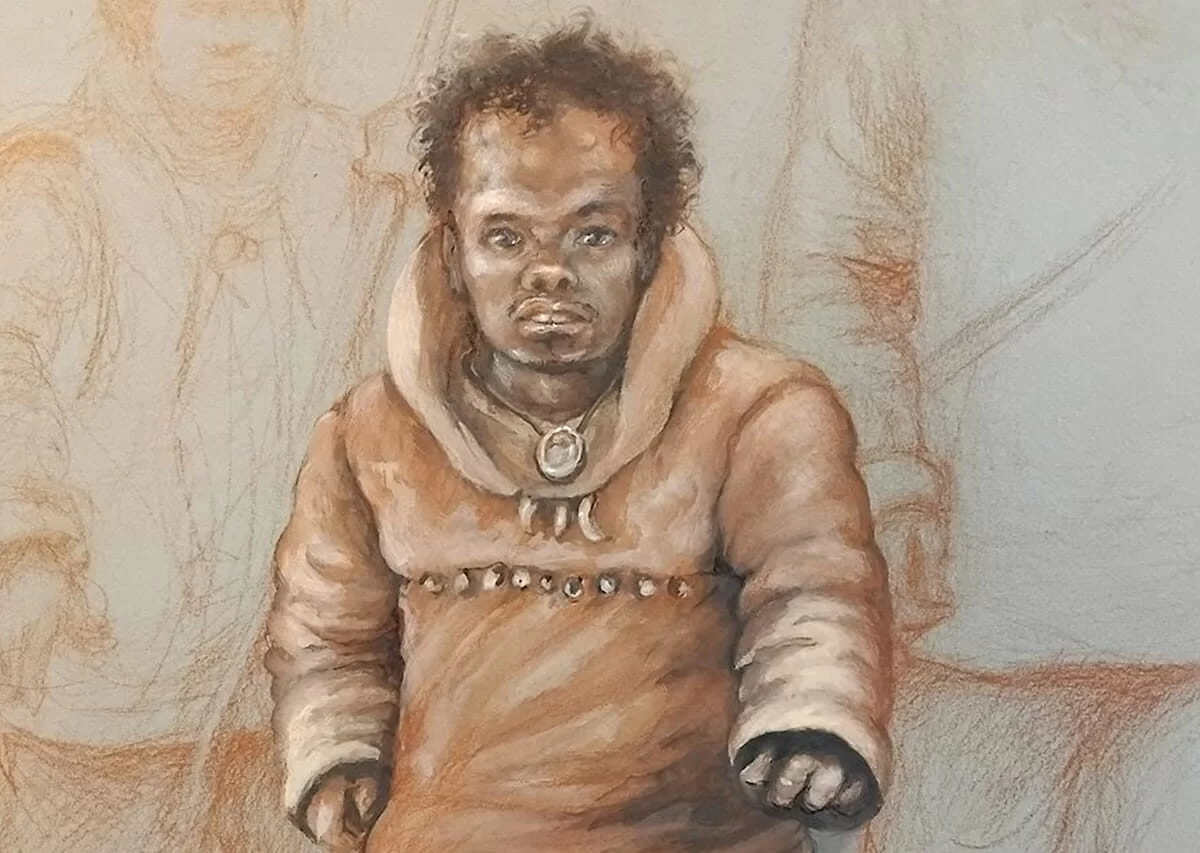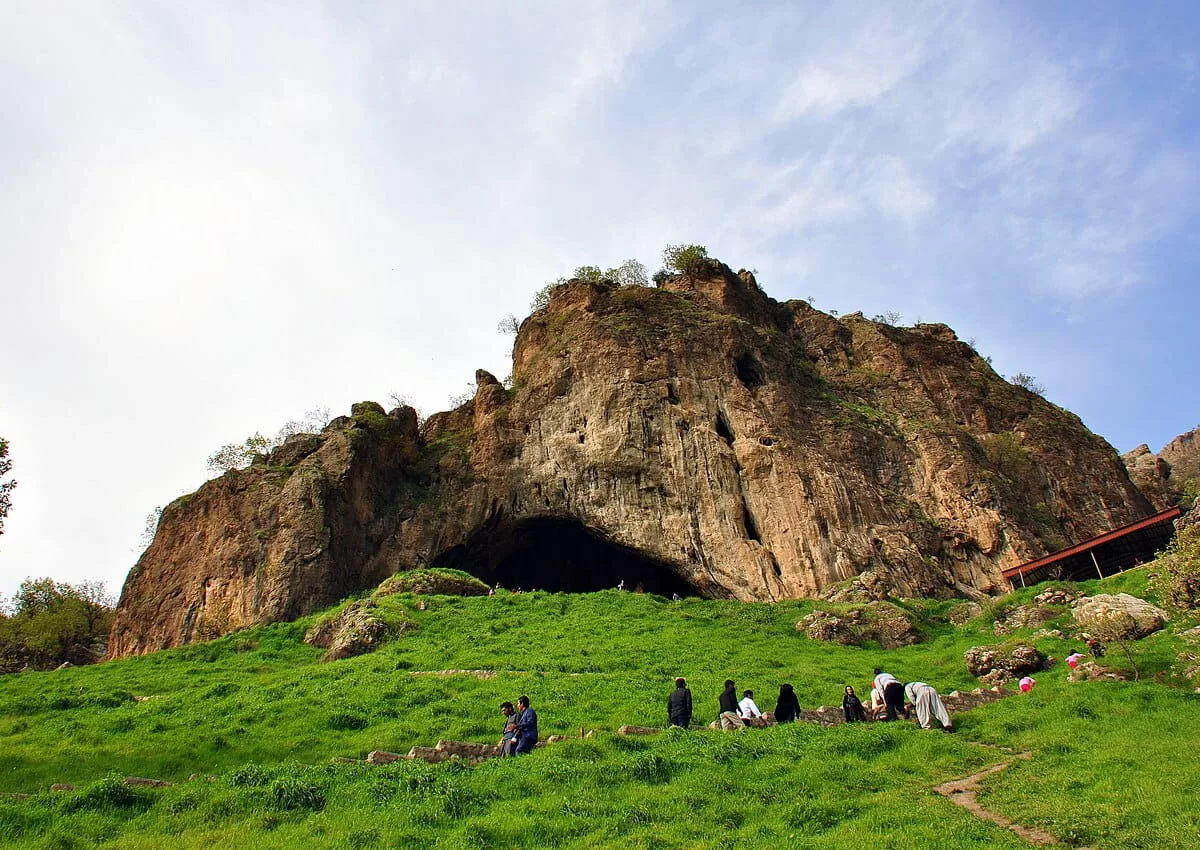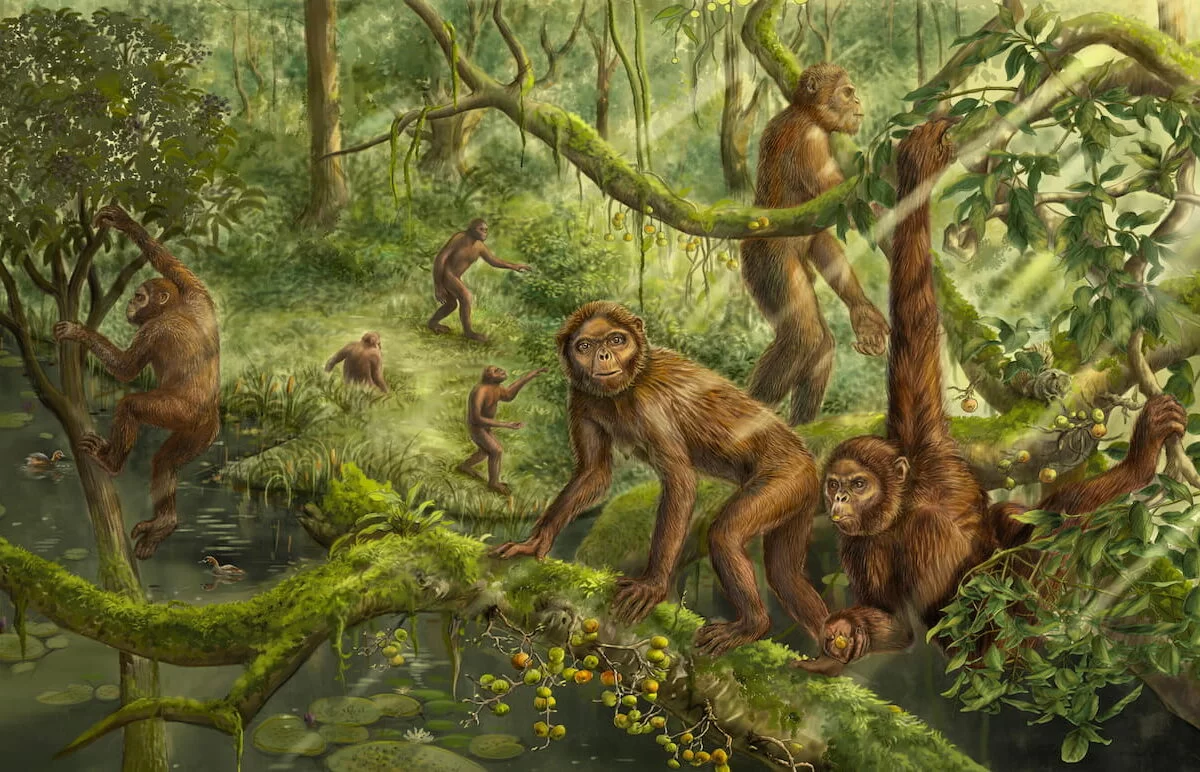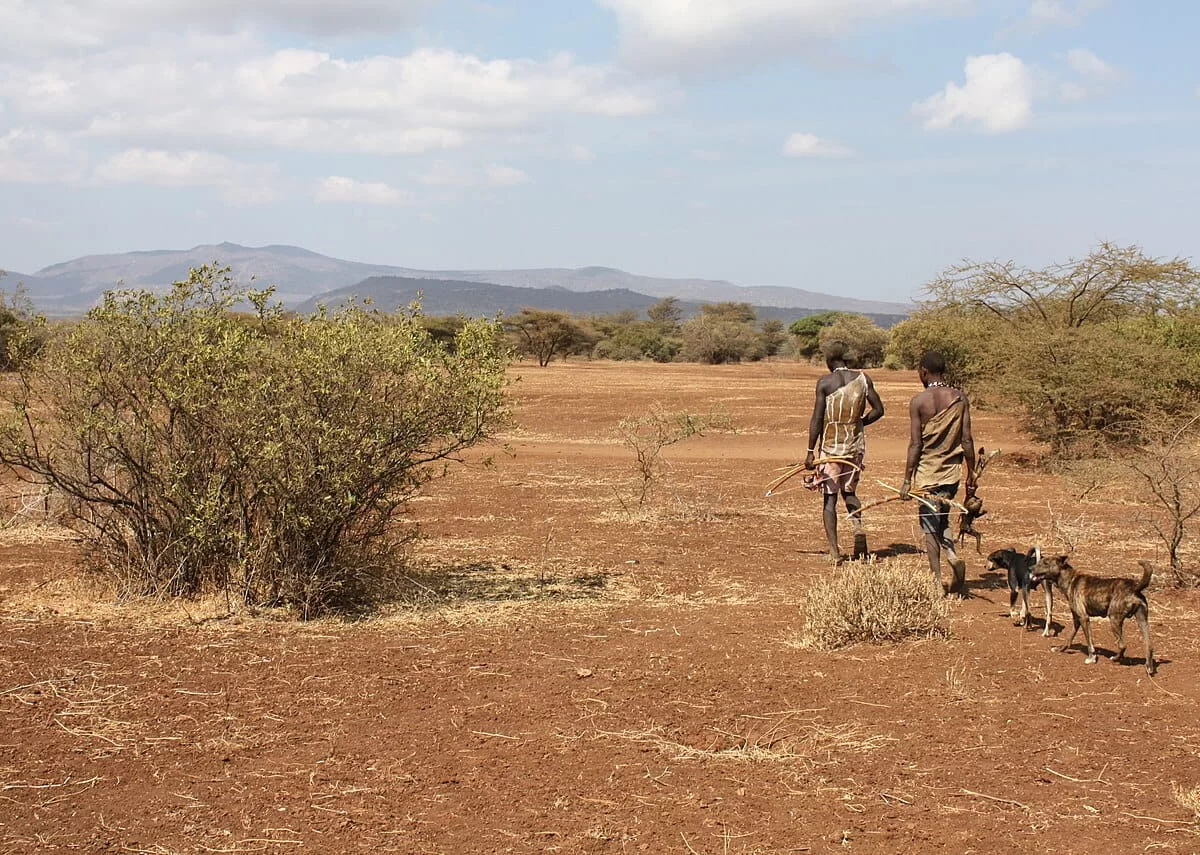A team of researchers, composed of specialists from the University of Cape Town, the Max Planck Institute for Evolutionary Anthropology in Leipzig, and the University of Valencia, has made significant advances in understanding the genetic history of humans in southern Africa. Through the analysis of human remains discovered at the Oakhurst rock shelter, these scientists […]
Human Evolution
How were adolescents in the Ice Age, some 24,000 years ago, like? A new study explains
A groundbreaking study recently published in the Journal of Human Evolution has shed light on the lives of Ice Age adolescents, revealing that they underwent puberty stages quite similar to modern-day teenagers. This research fills a significant gap in our understanding of human growth during the Pleistocene epoch, around 25,000 years ago. Led by paleoanthropologist […]
The Zagros Mountains were the place where Neanderthals and modern humans interbred
An international team of researchers has used innovative ecological modeling techniques to identify, for the first time, the possible geographical areas where Neanderthals and anatomically modern humans might have encountered and interbred tens of thousands of years ago. The study, recently published in the journal Scientific Reports, highlights the crucial role played by certain geographical […]
Researchers Reveal how Stone Age Hunter-Gatherers Avoided Inbreeding
New genetic research reveals that prehistoric hunter-gatherers in Western Europe had surprisingly intricate social relationships that went far beyond biological kinship. These late Stone Age foraging groups deliberately mixed with multiple outside communities, likely as an intentional tactic to avoid inbreeding. The novel findings come from a study published in the Proceedings of the National […]
How did Humans Learn to Walk? Researchers Discover Cold Was Key
Have you ever wondered how humans evolved from walking on all fours to walking upright on two legs? A new study of a 6-million-year-old ape fossil is providing important clues about the origins of human bipedalism. Us and our closest relatives, apes, show a diversity of ways of getting around – from walking upright to […]
Legends of the Hadza People are so Ancient that they May Refer to Extinct Hominid Ancestors
The Hadza people are an ethnic group living around Lake Eyasi in the Great Rift Valley and near the Serengeti plain in Tanzania, in an area called Hadzaland. In 2015, there were between 1,200 and 1,300 individuals, with only about 300 of them, a small group, still surviving, dedicated exclusively to hunting and gathering. This […]
Denisovan Genetic Heritage Could Affect Mental Health of European and Asian Populations
A new study conducted by researchers from the Institute of Evolutionary Biology (IBE) in Spain has revealed that modern humans outside of Africa inherited a genetic variant from the Denisovans, an extinct species related to Neanderthals, which may have helped them adapt to the cold during the expansion out of Africa around 60,000 years ago. […]

